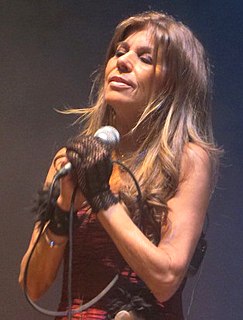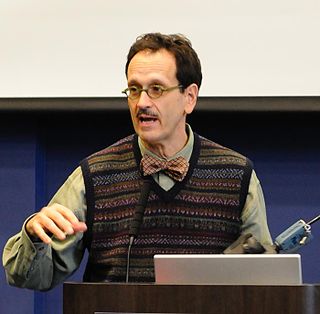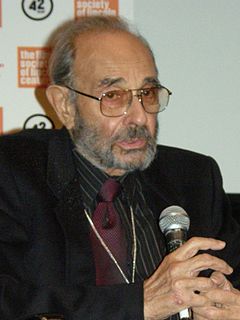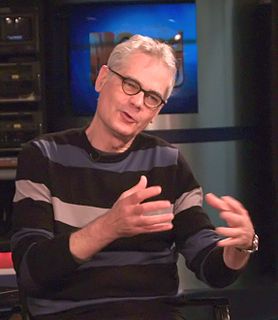A Quote by Jeanette
Truth for anyone is a very complex thing. For a writer, what you leave out says as much as those things you include. What lies beyond the margin of the text? The photographer frames the shot; writers frame their world.
Related Quotes
It feels as though a very disproportionate number of main characters are writers, because that's what the writer knows. Fair enough. But nothing bothers me more in a movie than an actor playing a writer, and you just know he's not a writer. Writers recognize other writers. Ethan Hawke is too hot to be a writer.
One of the pitfalls about writing about illness is that it is very easy to imagine people with cancer as either these wise-beyond-their-years creatures or these sad-eyed tragic people. And the truth is, people living with cancer are very much like people who are not living with cancer. They're every bit as funny and complex and diverse as anyone else.
The weirdest thing to me is that magazines would never do this for their writers. They would never hire a writer who writes for another magazine; they want to have their own stable of writers. Newsweek would never hire a TIME writer, and TIME would never hire a Newsweek writer - but they would both hire the same photographer to shoot a cover for them.
Generally, the imagery and the text go hand in hand. It's much easier when the text comes first, but sometimes I need visual stimulation in order to find the words. I get an idea of what I want when I begin to shoot, and the text is usually the last thing to be resolved. I tend to leave the text open, and I refine the words up to the last minute. As for the image, I can resolve that and get that done fairly quickly.
There's this great fashion among writers, especially those who follow the transnational conservatives like V.S. Naipaul, to disavow one's place in the world as a sort of box that has sprung you but is only worthy of your scorn, because it once contained you. And I've been tempted to say foolish things, like "I am an American writer" or "I belong nowhere," but the truth is I'm perfectly proud of identifying as an Indian writer, even if that might hurt my bottom line.
You tend to compose things more in the middle of frame in 3-D than you would in a conventional frame. You can really see composition in 2-D but in 3-D your composition is much more complex. Everything has to be artificially enhanced. But you do gain something else with 3-D: you have a sense of space and heightened reality.




































